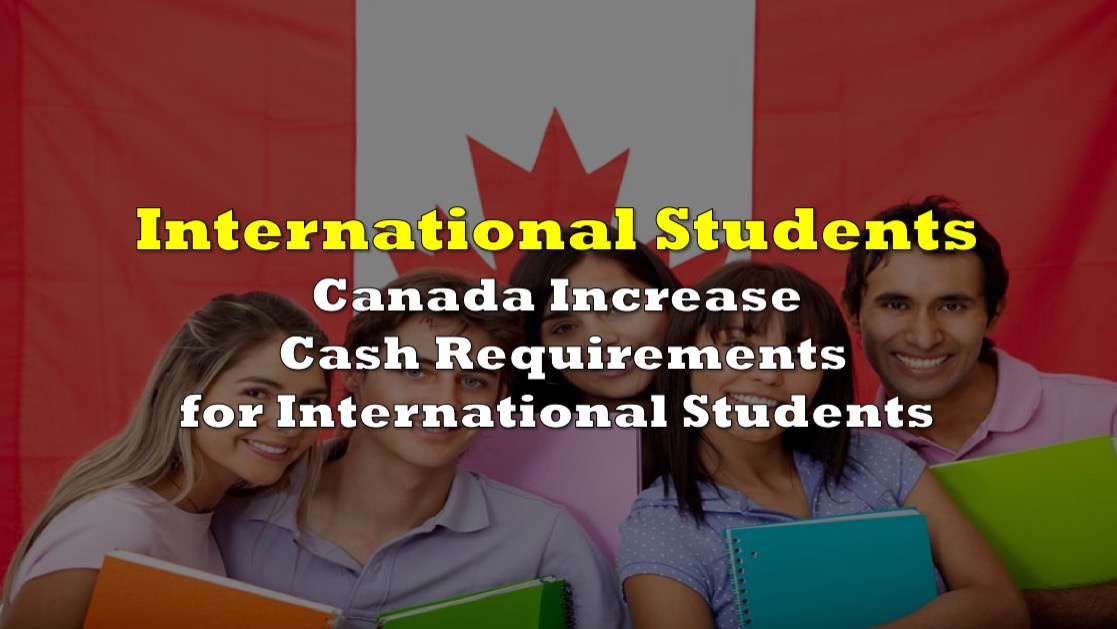Canada is making significant changes to the financial requirements for international students starting January 1, 2024. The move, announced by Minister of Immigration, Refugees, and Citizenship Marc Miller aims to ensure that international students “are financially prepared for life in Canada.”
The cost-of-living financial requirement for study permit applicants has remained static since the early 2000s, creating a gap between the financial needs of students and the rising cost of living. Currently set at $10,000 for a single applicant, this requirement will see a substantial increase to $20,635 for 2024, representing 75% of the low-income cut-off (LICO). This adjustment reflects the government’s commitment to aligning financial requirements with current living standards.
Miller emphasized, “We are revising the cost-of-living threshold so that international students understand the true cost of living here. This measure is key to their success in Canada. We are also exploring options to ensure that students find adequate housing. These long-overdue changes will protect international students from financially vulnerable situations and exploitation.”
The decision to annually adjust the threshold in accordance with Statistics Canada’s LICO updates signifies a proactive approach to keeping pace with the evolving economic landscape. While this change aims to prevent vulnerabilities and exploitation, the government acknowledges that its impact may vary among applicants. In response, targeted pilots are set to be implemented in collaboration with partners, focusing on aiding underrepresented cohorts of international students.
This announcement follows substantial reforms to the International Student Program revealed on October 27, 2023, which introduced a framework to recognize institutions offering top-quality services and support, including housing. Learning institutions are now expected to accept a number of students only if they can provide adequate support, aligning with the commitment to student welfare.
With an eye on the September 2024 semester, the government is prepared to take necessary measures, including limiting visas, to ensure learning institutions provide sufficient support. Collaboration with provincial and territorial governments, learning institutions, and education stakeholders is deemed imperative for setting international students up for success in Canada.
Miller also provided updates on three temporary policies affecting international students:
- The current waiver on the 20-hour-per-week limit on off-campus work for international students will be extended to April 30, 2024, enabling international students to work beyond 20 hours per week.
- The facilitative measure allowing the counting of online study time towards post-graduation work permits will continue for students beginning a program before September 1, 2024.
- A temporary policy granting an additional 18-month work permit to post-graduation work permit holders expiring up to December 31, 2023, will not be extended further.
Acknowledging the significant economic contributions of international education, exceeding $22 billion annually and supporting over 200,000 jobs, the government remains committed to fostering a positive environment for international students. Quebec, recognizing the unique needs of its students, has established its own cost-of-living threshold, periodically raising it.
These new financial guidelines also extend to the Student Direct Stream, ensuring that residents of 14 countries adhering to this special study permit application process align with the adjusted financial requirements.
Information for this briefing was found via the sources mentioned. The author has no securities or affiliations related to this organization. Not a recommendation to buy or sell. Always do additional research and consult a professional before purchasing a security. The author holds no licenses.









